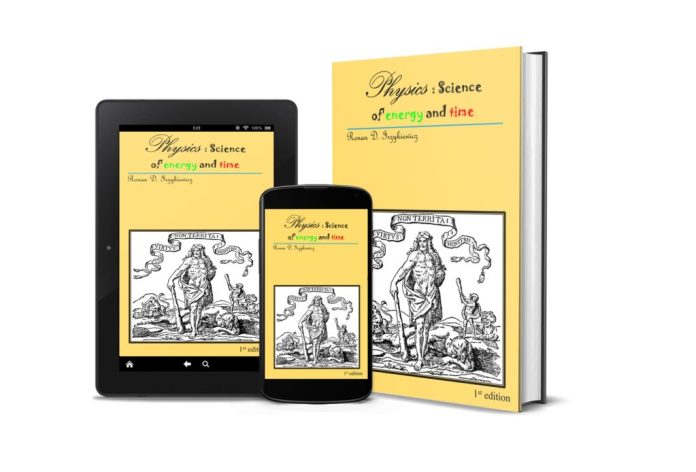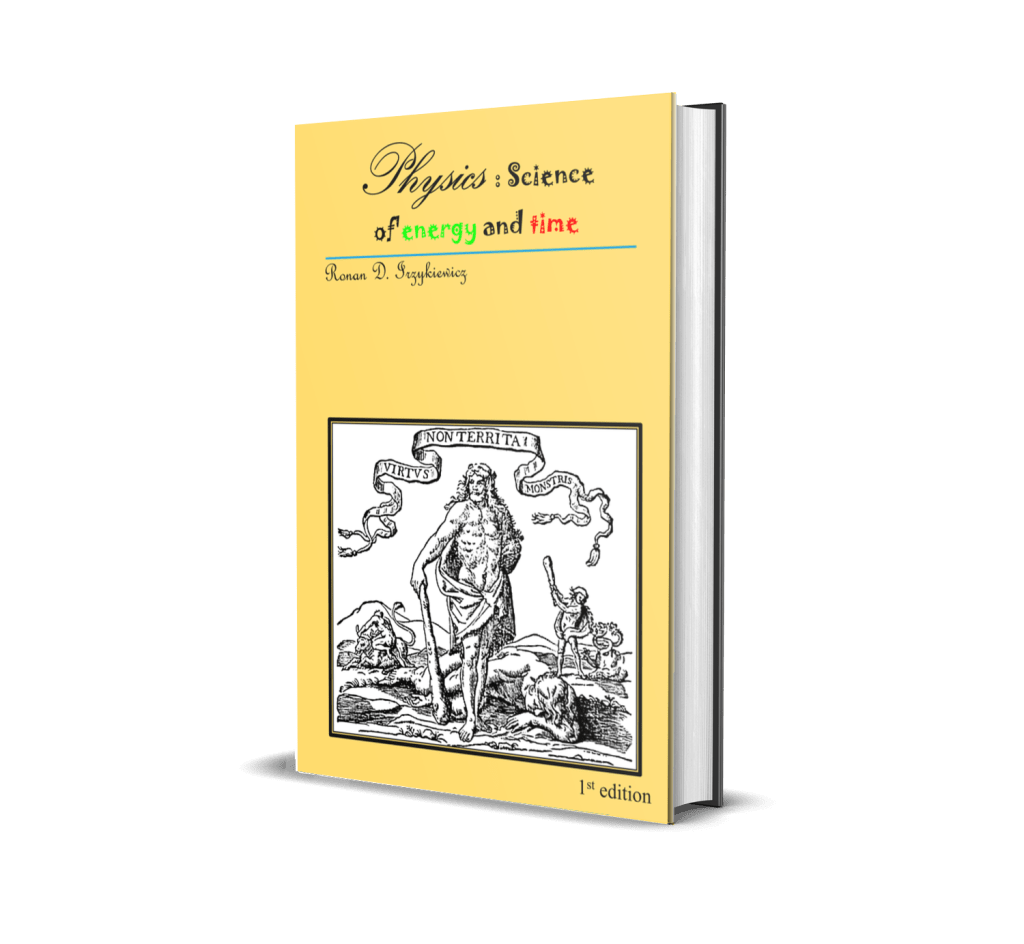Writing about something like physics, especially when delving into the profound realms of energy and time, is always daunting. Yet, the sheer fascination with how these concepts mold our universe compels me to discuss “Physics: Science of Energy and Time“ by Ronan Irzykiewicz, a book that promises to make these complex ideas accessible and engaging.
Ronan Irzykiewicz’s book is a sort of gateway to understanding the foundational elements that orchestrate the universe. It’s aimed at anyone with a curiosity about physics, from students and teachers to engineers and decision-makers in the energy sector. What makes this book particularly intriguing is its ability to take a subject that can be impenetrably complex and present it in a manner that is comprehensible and directly applicable to our daily lives and the technology that surrounds us.
The book is structured into two main parts, each dealing with a cornerstone of physical science: thermodynamics and quantum physics. The first part of the book explores the concept of an energy metric space—a concept that might sound abstract at first, but through Irzykiewicz’s skillful writing, is tied back to real-world applications in thermodynamics. He redefines complex notions like irreversibility and entropy creation, making them relevant to modern energy challenges and innovations.
The second part takes on perhaps one of the most elusive concepts in physics: time. Using the Everett interpretation of the Schrödinger equation, Irzykiewicz sets out axioms of quantum physics that challenge and expand our understanding of how time operates in the context of both the universe and the multiverse. This part of the book might seem like a deep dive into theoretical physics, but it is precisely these theories that underpin technologies like GPS systems and quantum computing.
Irzykiewicz’s ability to articulate complex ideas in clear, practical terms without diluting their scientific significance is what makes this book not just readable but genuinely enlightening. While this book will undoubtedly be a treasure trove for experts and practitioners in the field, its clear, engaging explanations are what make it equally valuable to lay readers. It’s not just a book about physics; it’s a book about understanding the fundamental forces that shape our existence and the future of technology.
In reading “Physics: Science of Energy and Time,” I am reminded of the beauty and complexity of our universe and the importance of continuing to explore and question, even when the concepts seem beyond our grasp. This book doesn’t just educate; it inspires curiosity and awe for the science of physics and its impact on our world and beyond.






